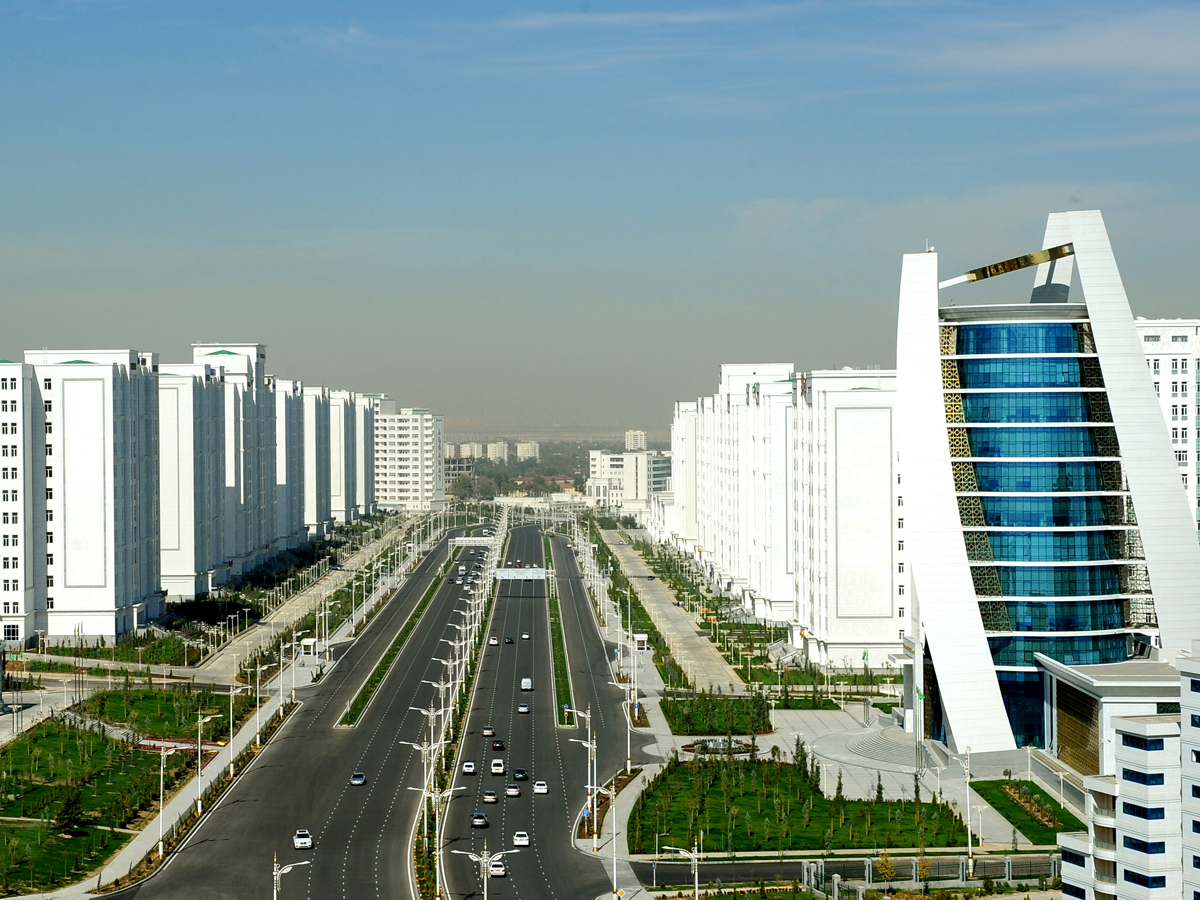Baku, Azerbaijan, Nov. 10
By Nigar Guliyeva – Trend:
President of Uzbekistan Shavkat Mirziyoyev has proposed organizing annual meetings of the heads of state of the countries of Central Asia, Uzbek media reports.
Mirziyoyev, addressing the international conference in Samarkand Nov. 10, said that the solution of the pressing issues of Central Asia is possible only through uniting the efforts of the Central Asian countries on the basis of the principle of general responsibility.
He noted that this could be facilitated by the organization of regular consultative meetings between the heads of state of the region.
"We proceed from the understanding that today there is real need in the region for joint search for solutions to region-wide problems," he said.
He noted that the matter is not in creating a new international organization or some kind of an integration structure. The activities of the new platform will be "aimed exclusively at "synchronizing watches" on key issues, he stressed.
Kazakh Foreign Minister Kairat Abdrakhmanov, speaking in Samarkand, said that Kazakhstan's President Nursultan Nazarbayev supported the idea of creating a new informal advisory platform for the heads of Central Asia.
"I would like to say that President Nursultan Nazarbayev supports this initiative, and he intends to invite the heads of Central Asia to hold the first meeting in this format next year during the celebration of Novruz," he said.
Samarkand hosts an international conference on security and sustainable development in Central Asia under the aegis of the UN "Central Asia: One Past and a Common Future, Cooperation for Sustainable Development and Mutual Prosperity".
The ministers of foreign affairs of the states of the region, leaders of such authoritative organizations as the United Nations, the European Union, the OSCE, the SCO, the CIS, the EBRD, representatives of the diplomatic corps, experts, media workers participate in the conference.
The two-day forum will discuss specific areas for enhancing cooperation in the political, trade-economic, investment, transport-communication, water-energy, environmental and cultural-humanitarian spheres, as well as issues of joint struggle against modern threats and challenges.






